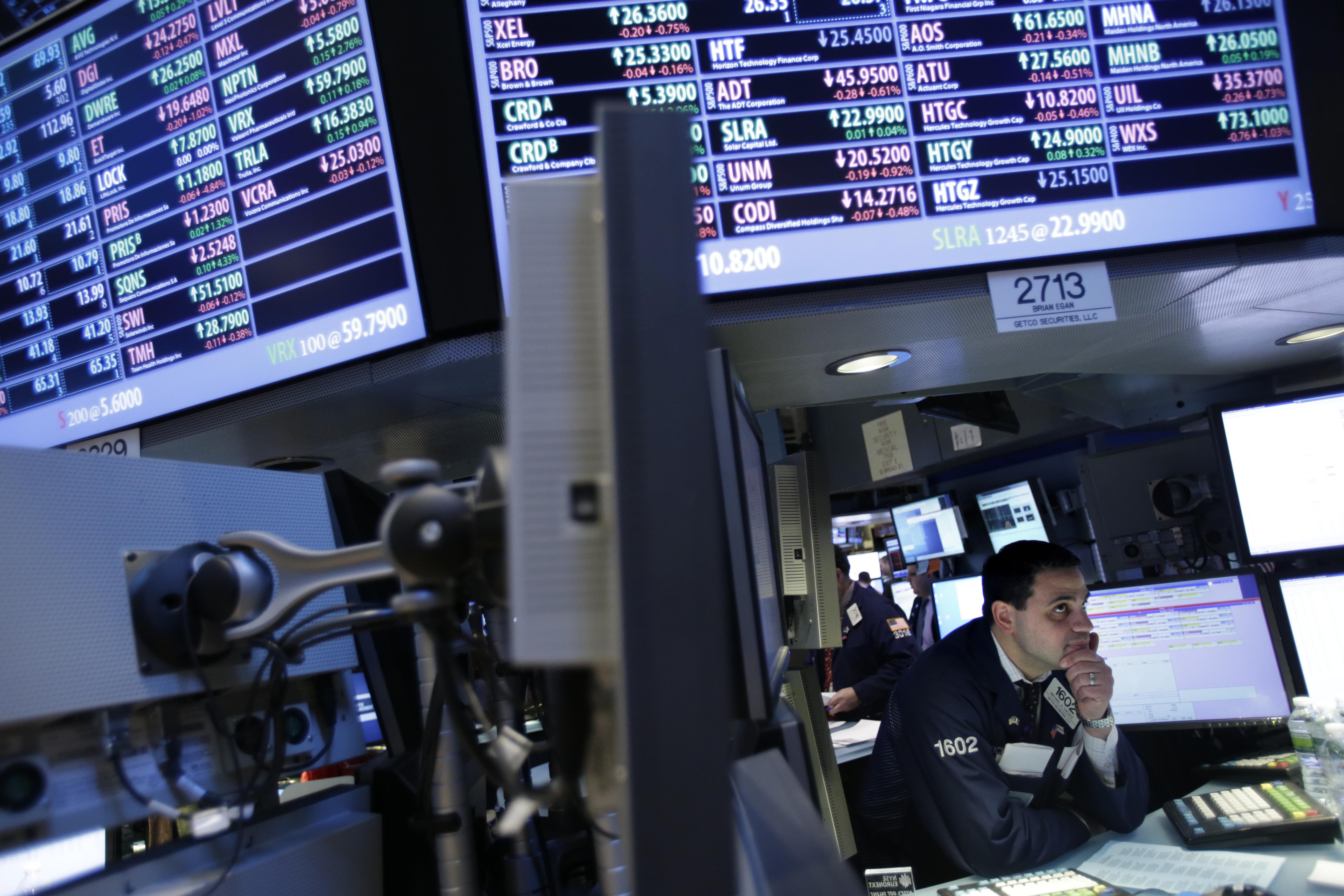The buoyant mood in financial markets showed few signs of abating Friday as investors appeared confident ahead of U.S. monthly jobs figures, a key measure of strength in the world's largest economy.
On Thursday, positive weekly jobs claims figures helped push the Dow to another record. Better-than-expected Chinese export figures gave markets another jolt higher in the run-up to the payrolls figures, which often set the market tone for a week or two after their release. The consensus in markets is that the U.S. economy generated around 170,000 jobs in February.
"It may be payrolls Friday, but if markets have even the slightest concern that we'll see a print that falls short of expectations, then they're doing a brilliant job of keeping these fears hidden," said Fawad Razaqzada, market strategist at GFT Markets.
In Europe, the FTSE 100 index of leading British shares was up 0.3 percent at 6,460 while Germany's DAX rose 0.5 percent to 7,982. The CAC-40 in France was 0.7 percent higher at 3,821.
Wall Street was poised for solid gains with both Dow futures and the broader S&P 500 futures up 0.3 percent.
How U.S. stocks end what's been a historic week will likely hinge on the payrolls data, which are released an hour before the bell.
This week has seen the Dow hit a series of all-time highs, and that's contributed to the general feel-good factor across all financial markets.
The stock markets' gains come despite a fairly fragile global economic backdrop. The U.S. economy may be growing but its progress is patchy, while the economy of the 17 European Union countries that use the euro remains in recession.
The dollar, which has been shored up by hopes over the U.S. economy, will also likely be impacted by the payrolls figures.
"Anticipation that this afternoon's report could bring an encouraging number is offering the dollar decent support," said Jane Foley, senior currency strategist at Rabobank International.
Ahead of the figures, the dollar was fairly flat against the euro, which was trading 0.1 percent lower at $1.3095.
However, it was motoring ahead against the Japanese yen, which has been on the retreat over the past few months amid expectations of a change in the country's economic policy that will likely involve the Bank of Japan printing more money. The dollar was 0.7 percent higher at 95.51 yen, the first time the rate has gone above 95 yen since August 2009.
A lower yen has the potential to make Japanese exports cheaper and that's been at the heart of the Nikkei's recent surge. The index jumped 2.6 percent to 12,283.62, its highest close since September 2008.
Elsewhere in Asia, Hong Kong's Hang Seng rose 1.4 percent to 23,091.95 while Australia's S&P/ASX 200 rose 0.3 percent to 5,123.40. Those in mainland China and Singapore fell.
Oil prices were flat with the benchmark New York rate unchanged at $91.56 a barrel.

